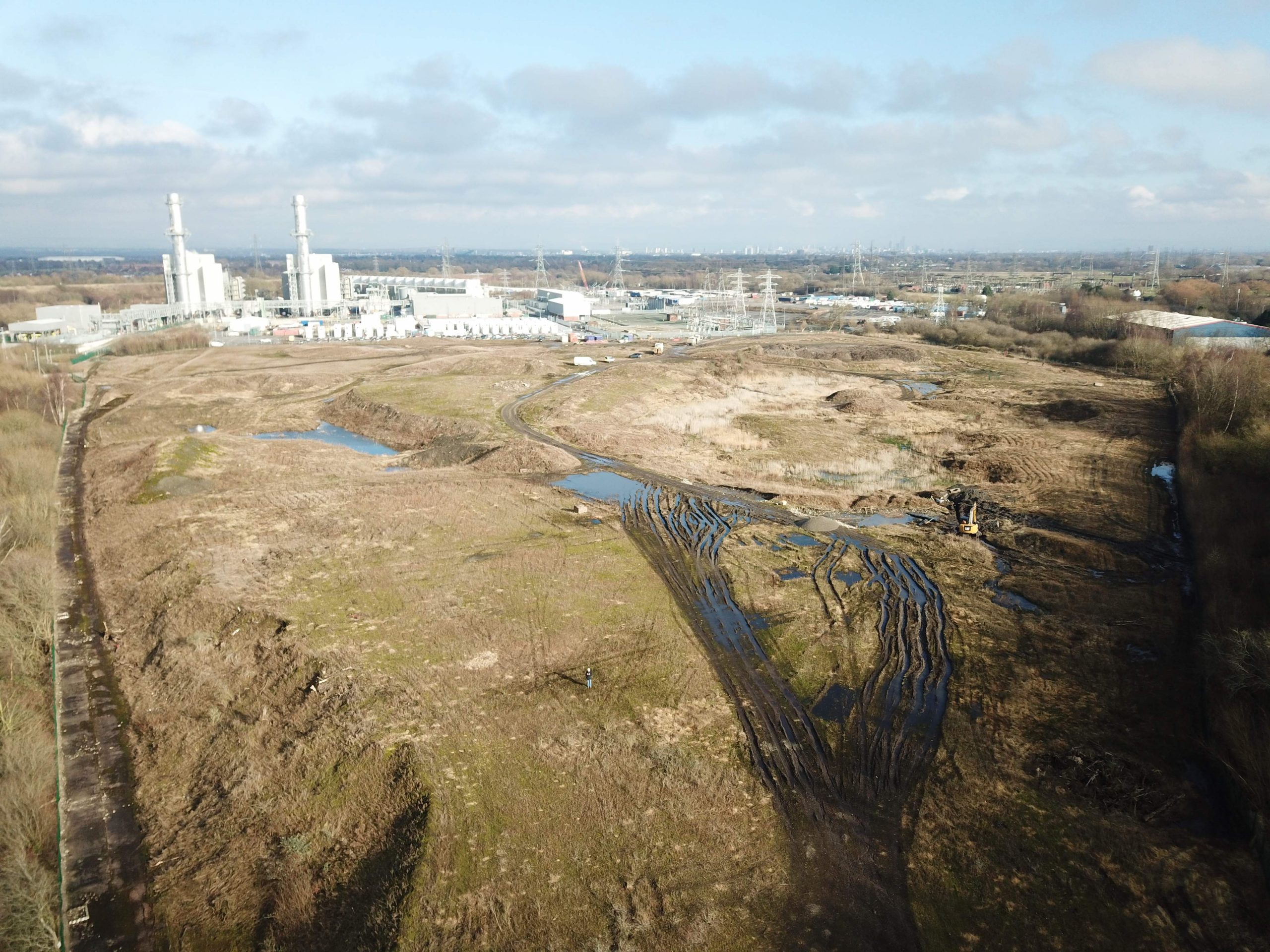Cadent: Hydrogen Ten Point Plan

Cadent has published its first update to its ‘Hydrogen Ten Point Plan’, where it signals its ambition to make hydrogen a safe, fair, and reliable choice for consumers. Hydrogen Industry Leaders investigates the update and speaks to Cadent about how it will go about delivering it.
The first update to the ‘Hydrogen Ten Point Plan‘ details the progress over the last year across its commitments of preparing and scaling hydrogen production, scaling investment in jobs and skills, and looking after its colleagues and consumers.
It remains on track to introduce net zero construction sites from 2023, though projects elsewhere have meant that its plans to deliver the first scaled hydrogen blending facility from 2025 mean such a trial is no longer needed.
Instead, it is now expecting blending to be rolled out in 2027 as part of the HyNet North-West consortium. In addition to this, it is also on track to deliver the UK’s first 100 per cent hydrogen pipeline by 2027.
A public consultation has been completed, with the responses helping to refine proposals ahead of further consultation later in the year, with a planning permission application then set to follow this in 2023.
Action Is Needed To Deliver The Energy Transition
Hydrogen Industry Leaders spoke to David Watson, Head of Energy Transition at Cadent who authored the update. He began by explaining that Cadent are vocal about what others need to do to make hydrogen a reality and the ‘Hydrogen Ten Point Plan’ is aiming to help them do this.

David Watson, Head of Energy Transition at Cadent
He said: “We announced ten commitments that we would take to help make this happen, and recently published a report showing how we were getting on.
“This is important. Words are fine but it is action that will deliver the energy transition. Cadent may be just one part of the overall transition we need to see, but we’re committed to delivering our end.”
David explained that therefore Cadent are busy with a wide range of programmes that develop the blueprints and plans for the future of hydrogen and that this is just the first anniversary of the plan so there is a long way to go.
He said: “So far, we are making great progress – whether through building the UK’s first 100 per cent hydrogen pipeline, demonstrating how hydrogen can provide low carbon heat for whole communities or decarbonising our own operations.”
More will be needed in the second year and beyond if we’re to meet our commitments but it’s great to report on such a good start.
Moving Away From Using Carbon-intensive Equipment Is Crucial
A focus of the plan is seeing net zero construction sites. David told Hydrogen Industry Leaders that Cadent have already got a rolling programme of engineering work underway.
These works are either planned or unplanned and can be found wherever the network is, whether that be in central London or the middle of the Norfolk Broads.
David revealed: “Operating these construction sites today sometimes means using carbon-intensive equipment such as power generators or plant equipment. We want to move away from this and to low-carbon alternatives.
“It’s not that straightforward as a lot of the equipment is quite bespoke and our work sometimes involves working with engineering partners who would also be affected. But we’re making progress even here, with the first site identified and work underway on the design of it.”
If we can make it work there, we’ll be ready to roll it out across the Cadent region in the coming years.
Educating Young People On Net Zero Will Help Us To Meet Our Targets
David expressed that seeing growth in our current industries and people provided with essential skills and jobs is important: “The commitment to launch a Hydrogen Skills Academy is a really important one.
“In many respects, the UK is leading the way with hydrogen, and this isn’t just going to protect jobs and growth in industries that will rely on it – it’s also going to create lots of new highly skilled and well-paid jobs as part of a new clean economy; over 9,000 jobs by 2030, and up to 100,000 jobs by 2050, across our industrial heartlands and across the UK.
“But this won’t just happen – we need to invest in the skills and capabilities that will fill the jobs that will be created, and right now there is a shortage in that area. “
Although it is still at an early stage, Cadent believes that its investment in this Academy will support upskilling and hydrogen career opportunities that the industry will need.
Continuing, he explained that educating our young people on meeting net zero will help us to reach our targets: “The children of today will be our future ‘green workforce’, yet there is little/nothing in the current curriculum on the role of hydrogen in meeting net zero and the skills, knowledge, and experience that employers will be looking for to encourage the younger generations to consider this essential sector.”
We believe that by working with others – universities, skills bodies and others in the sector, for example – we can address this gap and help encourage the next generation of net zero hydrogen engineers.
Cadent Are On Track To Deliver The UK’s First Hydrogen Village
Also revealed in the ‘Hydrogen Ten Point Plan’ is that the company are on track to deliver its plan to demonstrate heat decarbonisation of whole communities by 2025 through its proposals to make Whitby in Ellesmere Port the UK’s first hydrogen village.
David explained that Ellesmere Port is home to several important hydrogen projects that “Cadent are proud to support. The first is HyNet which is initially decarbonising heavy industry around the area and will go on from there to decarbonise heavy transport, homes, and businesses across the region.
“This is a huge project with significant benefits. It’ll reduce carbon emissions by 10 million tonnes per year by 2030, equivalent to taking 4m cars off the road. It’ll also generate £17 billion for the local region by 2050, and £31 billion nationally. It also supports jobs, with perhaps 6k local permanent jobs being created, and as many as 75k jobs nationally being supported.
“The fact that hydrogen is happening here first is also key to our decision to base the planned Hydrogen Village, in Whitby, in the area. If it receives final approval from the government, this Village will be the first entire place converted to run on 100 per cent hydrogen in the UK.”
Cadent’s ‘Hydrogen Ten Point Plan’ is working to highlight how the industry can make hydrogen a safe, fair, and reliable choice for its customers, and how they can go about delivering it.

